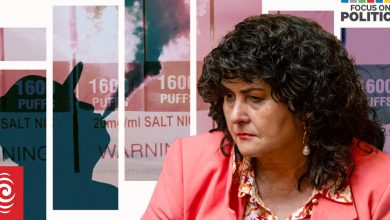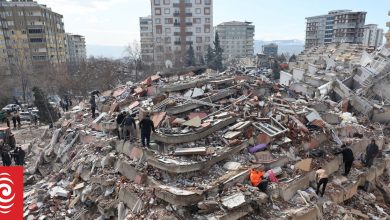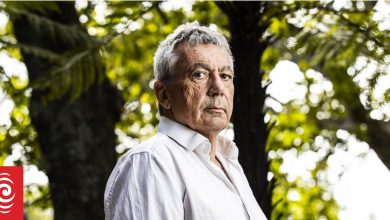Slash MPI staff and ‘we’re exposed’ – Biosecurity Taranaki chair
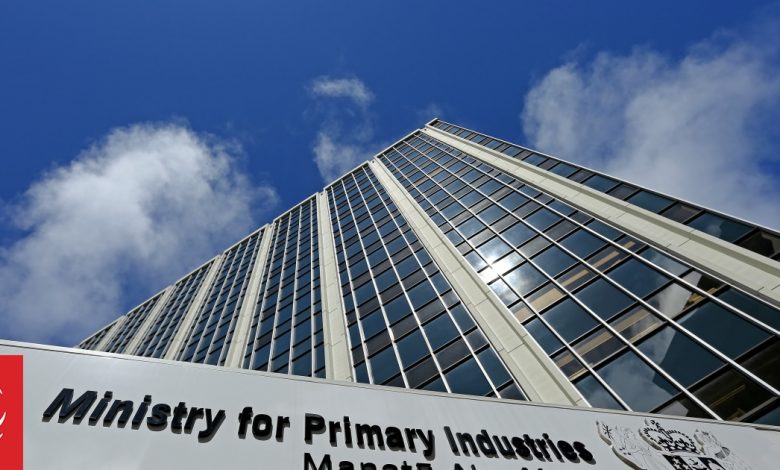
A new biosecurity collective in Taranaki says any reduction of frontline Ministry for Primary (MPI) Industries staff risks leaving the country exposed.
MPI is proposing cutting around 231 staff to help meet government cost saving targets.
The Public Service Association believes 131 of those jobs are in the biosecurity area.
Biosecurity Taranaki chair Willy Harvey said the job cuts would have implications for the control of invasive pests and diseases.
“In a practical sense, if you take people away from the frontline, we’re exposed. We will be exposed. What’s going to happen with that?
“Unless something is put in to stop that, and we’ve done a pretty damned good job at the moment, what’s going to happen? We have to look at that.”
Harvey said Biosecurity Taranaki, which launched in New Plymouth on Friday, might find itself with a more active role than first envisaged.
“So, that will bring us closer, closer to the frontline on, what do we have to protect, what do we have to look out for, what do we have to educate everybody out there to look for and let us know, so we can do something about it.”
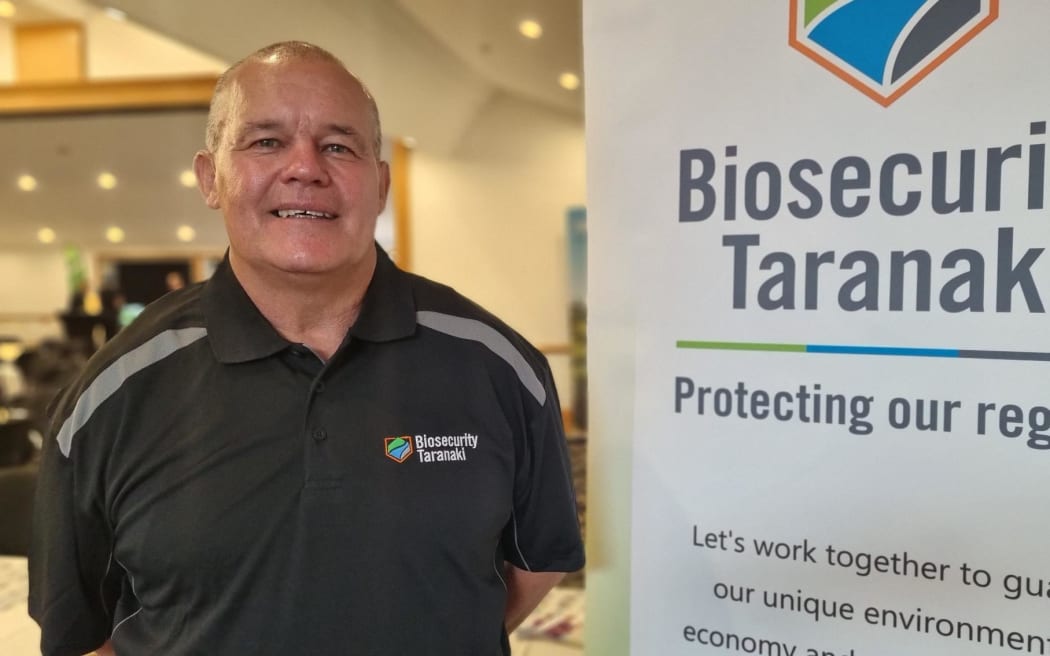
The second regional collaboration of its type, Biosecurity Taranaki was a collaboration of industry groups, iwi, hapū, government agencies, local government, businesses and community groups designed to raise awareness, build capability and protect the region’s future.
Harvey, who had a background in the military, the metals industry and logistics management, said he took on the role because he was passionate about Taranaki.
“We have a beautiful place in fact one of the best in Aotearoa and we need to look after it and we just need to do that properly and that’s by bringing everybody together and making sure we’re doing it right.”
Harvey said the government was putting the responsibility of biosecurity back with the regions.
“So that is taking it away from – but not completely – working with MPI, working with the regions to make sure maybe it’s an independent focus on what needs to be done and how it’s to be done.
“We’ve created a team of champions from the industrial side right across Taranaki and we see ourselves working with MPI, working with the Taranaki Regional Council and working with iwi because, you know, iwi have done a lot of good work inside Taranaki and in other areas. We need to work side by side with them.”
Biosecurity Taranaki was being funded by New Zealand Biosecurity and the regional council. Harvey was volunteering his time. He said his background in transport had given him an insight into biosecurity risks.
“It’s right on our doorstep because I managed trucks and transport… we’re the carriers of the bad things that come into some of these areas. The port have got some fantastic things in place, but there is an area that is at the coalface of anything that could go wrong.”
Harvey said the focus would be educating people about what could happen, giving the example of a shellfish that has invaded the Waikato River.
“What’s to say it won’t come here? That’s the way it will work.”
He said Biosecurity Taranaki would have a focus on future risks.
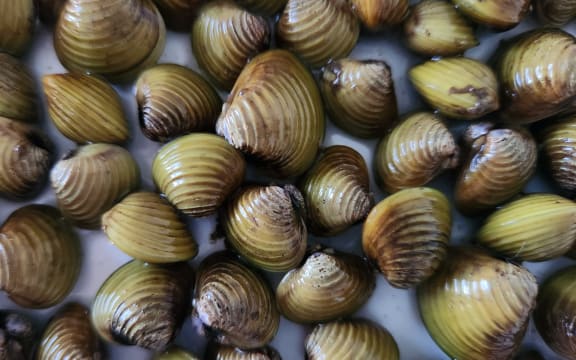
“Very much so, you have to be. You have to look at the future. You can’t really look too far back. You’ve got the problem. We have to look into the future.”
Biosecurity New Zealand deputy director-general Stuart Anderson said the launch of Biosecurity Taranaki was a milestone for the region.
“Biosecurity New Zealand will work with Biosecurity Taranaki and its members to build a community of biosecurity champions who will advocate for, and take action to, ensure the very best biosecurity outcomes, protecting this incredible region. Working together we are stronger – this is biosecurity in action.”
Anderson said fear frontline biosecurity staff were affected by job cuts at MPI was misplaced.
“There are no reductions to frontline staffing at the border, including ports, airports and mail centres.”
Taranaki Regional Council chair Charlotte Littlewood said Biosecurity Taranaki was an exciting initiative that would complement the council’s long-running pest management programmes.
“Protecting Taranaki from pests and diseases is a massive task, but by all working together we’re giving ourselves the best possible chance of success.”
Other speakers at the launch included Ngāti Te Whiti Hapū chair Julie Healey and Graeme Marshall past co-chair of the regional biosecurity collaboration, Tauranga Moana Biosecurity Capital.
Port Taranaki chief executive Simon Craddock also took part in a panel discussion about the role of biosecurity in building a thriving future for Taranaki. focusing on the challenges facing the shipping industry, local operations and how its teams keep a focus on biosecurity.
Biosecurity Taranaki’s membership currently included Agriculture & Investment Services, AsureQuality, Biosecurity New Zealand, Ngāti Te Whiti Hapū, Paraninihi Ki Waitōtara (PKW), Port Taranaki, Taranaki Catchment Communities, Taranaki Regional Council, Te Heru Māpara, Te Rūnanga o Ngāti Ruanui, Te Whatu Ora Taranaki.
According to the news on Radio New Zealand

